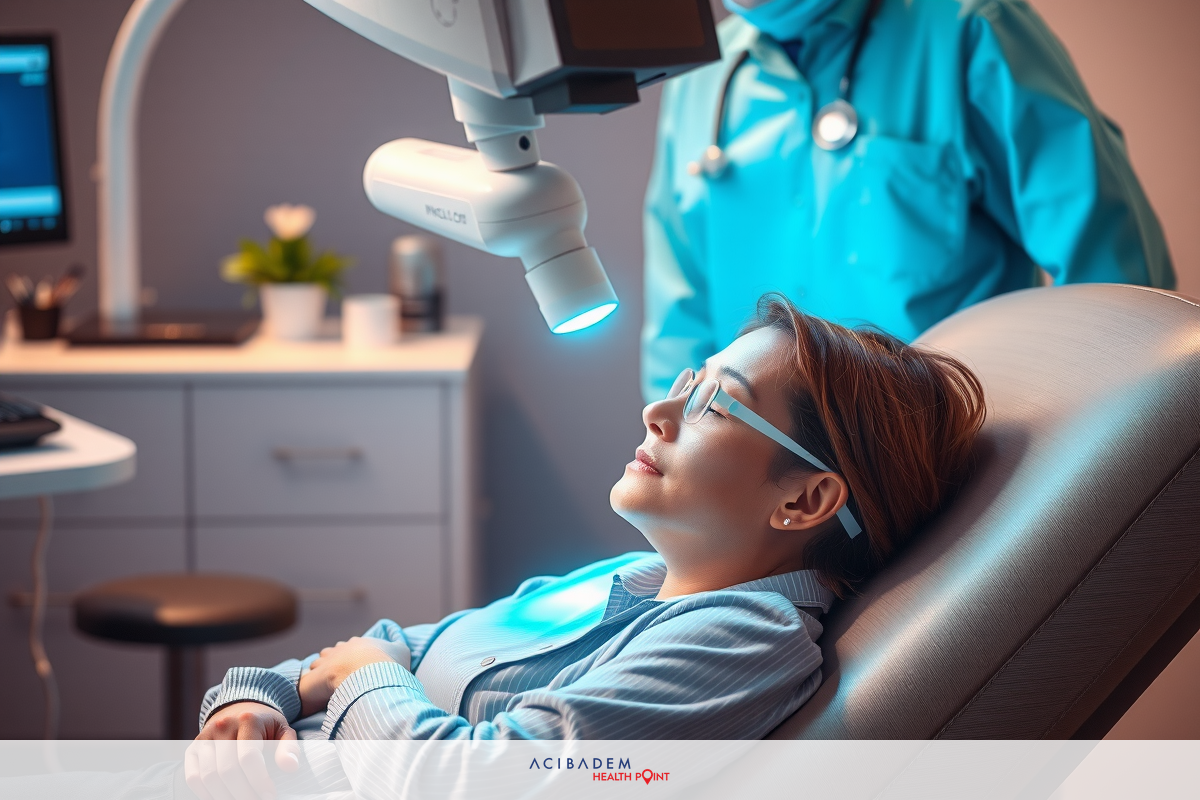Does Laser Eye Surgery for Glaucoma Hurt?
Does Laser Eye Surgery for Glaucoma Hurt? When it comes to glaucoma treatment, laser eye surgery is often a choice many consider. This method plays a vital part in the world of ophthalmology and has helped numerous patients relieve the stress associated with this condition. Directing your attention towards any procedure naturally brings about questions concerned with discomfort and potential risks.
The notion of undergoing medical treatments can be intimidating, inducing feelings of nervousness and uncertainty. Laser eye surgery for glaucoma aims to put these worries at ease by offering not only an effective solution but also focusing on patient comfort during the process. As you venture into this topic further, pain management aspects linked to such surgeries will become clearer.
What is Laser Eye Surgery for Glaucoma?
Laser eye surgery for glaucoma can bring hope to patients struggling with this vision-impairing condition. This medical approach uses a beam of light, the laser, with precision and accuracy as its central allies when treating glaucoma. The ultimate goal lies in improving fluid outflow from the eye or reducing fluid production inside it. By performing such actions, we get to relieve pressure build-up that otherwise causes nerve damage leading to vision loss.
Each distinct procedure comes packed within its specificity yet unified under a common denominator: efficient pain management during treatment stages. An important detail comforting those who worry about the challenging question – “Does laser eye surgery for glaucoma hurt?” Striving towards alleviating potential discomfort linked with these surgical efforts marks significant advancements in both science realm but most importantly patient care quality standards.
Conceding that every individual escorts their unique experience into any surgery room adds another twist . nto perspectives regarding outcomes entwined around ‘pain’ concept post-intervention stages have had pretty affirmative feedback over time. It’s crucial standing aware that while some might report slight feelings of soreness or perhaps minor pulsating aftereffects once anesthesia wears off. These typically pass quite swiftly returning one back into day-to-day life pace without much disruption.
Is Surgery Painful?
The question of whether laser eye surgery for glaucoma is painful can become a critical concern when considering this treatment. It’s only natural to seek out the comfort zone, especially in terms of medical intervention. Let us delve into some details and shed light on what one might expect during such a procedure.
It’s key to remember that everyone has different pain thresholds and perceptions. What poses as discomforting for one person may seem vastly negligible for another. Clinicians take great strides to ensure minimal discomfort throughout the process by using local anesthetic drops before the procedure unfolds. The aim being numbing sensations transmitting from your eyes.
During surgery itself, patients often report feeling mild pressure rather than actual pain—a sensation more associated with slight unease instead of agony or intense distress. Yet again underlining how through necessary preparations focused heavily around anesthesia invitation towards creating comfortable settings marks paramount impact drawing upon success operational stages.
After the procedure, some patients may initially fear discomfort, but they often find the actual experience to be less painful than anticipated. Minor irritations tend to resolve quickly without leaving lingering discomfort.
How Effective is Laser Eye Surgery for Glaucoma?

Diving into how effective laser eye surgery for glaucoma proves demands an observation lens beyond the notion of pain. Indeed, effectiveness aligns right beside comfort on the scale of factors influencing one’s decision to step onto this treatment avenue. Let us peek at some crucial points surrounding its efficacy.
Studies painting a picture of success rate associated with such procedures reveal encouraging results, amplifying their attractive appeal under mounting pressure and discomfort caused by glaucoma. Depending upon individual cases and types of surgery implemented as retinal champions – we witness an impressive 70- 90% immediate good response rates echoing within patients corridor who’ve undergone either Argon or Selective Laser Trabeculoplasty (ALT or SLT).
Many experience positive effects for up to two years post-surgery, while some may require additional treatments with a more challenging recovery. This underscores the uniqueness of each patient’s condition and the varied outcomes they may experience.
“Laser eye surgery shows promise in stabilizing vision and potentially slowing down future deterioration caused by elevated eye pressure. Data indicates minimal side effects and downtime, making it a valuable tool in the fight against glaucoma, particularly in older age groups.
Frequently Asked Questions
What are the potential side effects of laser eye surgery for glaucoma?
While most people recover without any major complications, some may experience short-lived issues such as redness, blurred vision, or minor irritation. However, these generally resolve quickly and do not pose long term detrimental effects onto visual health.
Do you need to be hospitalized for this procedure?
Laser procedures in treating glaucoma are usually performed in an outpatient setting! You can during regular office hours and go home immediately after completing their scheduled treatment session. Returning back into daily life's rhythm with merely minimal disruption.
Are multiple treatments often required for glaucoma using laser technology?
Depending upon individual needs and how well one responds towards a single session. Multiple interventions might come into forecast discussions unfolding future strategy planning involved encompassing effective glaucomapatient care system dynamics within doctors special emphasis spaces.
While this information aims to clarify laser eye surgery for glaucoma, it’s important to note that it’s not a substitute for professional medical advice. Consult your doctor for personalized recommendations based on your medical history, symptoms, and circumstances. We all have unique healthcare journeys, and patient care remains paramount.








